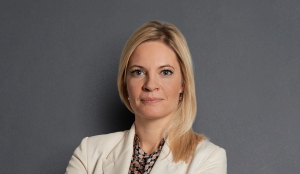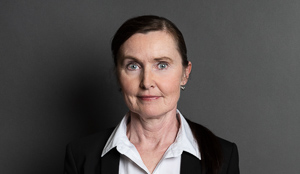Proposed Danish Regulation On Charges For Direct Debit Transactions
On 6 November 2019, the Danish Minister for Industry, Business and Financial Affairs introduced a proposal for a new bill extending the scope of the prohibition of unreasonable charges in the Danish Payments Act to direct debit transactions.
The current prohibition of unreasonable charges
Article 122 of the Danish Payments Act prohibits unreasonable charges on payment transactions completed by using a payment instrument, for example a payment card. Charges that are higher than what would have been expected if subject to effective competition are considered unreasonable. Article 122 of the Danish Payments Act is subject to supervision by the Danish Consumer and Competition Authority (DCCA).
The above regulation on unreasonable charges is a purely Danish domestic rule and it does not result from the implementation of EU directives, such as Directive 2015/2366 (PSD2).
The proposal to expand the prohibition to direct debit transactions
The proposed change to Article 122 of the Danish Payments Act extends the scope of the prohibition on unreasonable charges to apply to direct debit transactions (which are payment transactions initiated by the payee) such as transactions under the Betalingsservice scheme.
In the remarks to the proposed bill, reference is made to the DCCA's analyses of the direct debit services in Denmark, in which the DCCA concluded that Betalingsservice has a strong market position and therefore competition in relation to direct debits in Denmark is limited.
Indeed, on 10 September 2019, the DCCA published a statement with an updated status on direct debits in Denmark, in which it indicated that the competitive landscape in relation to direct debits in Denmark has not materially changed since the latest analysis that the DCCA performed in 2014.
If the proposal is adopted by the Danish Parliament, all charges related to direct debit transactions will be subject to the proposed regulation on unreasonable charges. This would impact the charges applied by all participants in the execution of a direct debit, e.g. the payment service provider (PSP) of the payee, the PSP of the payer, infrastructure providers (e.g. providers of clearing and settlement services), etc.
The proposed bill and the change to Article 122 of the Danish Payments Act, if adopted, will become effective on 1 January 2020.
Should you have any questions concerning the above, please do not hesitate to contact one of the members of the Bird & Bird global Payments team.
If you would like to receive our Payments alerts directly in your inbox, please click here.














